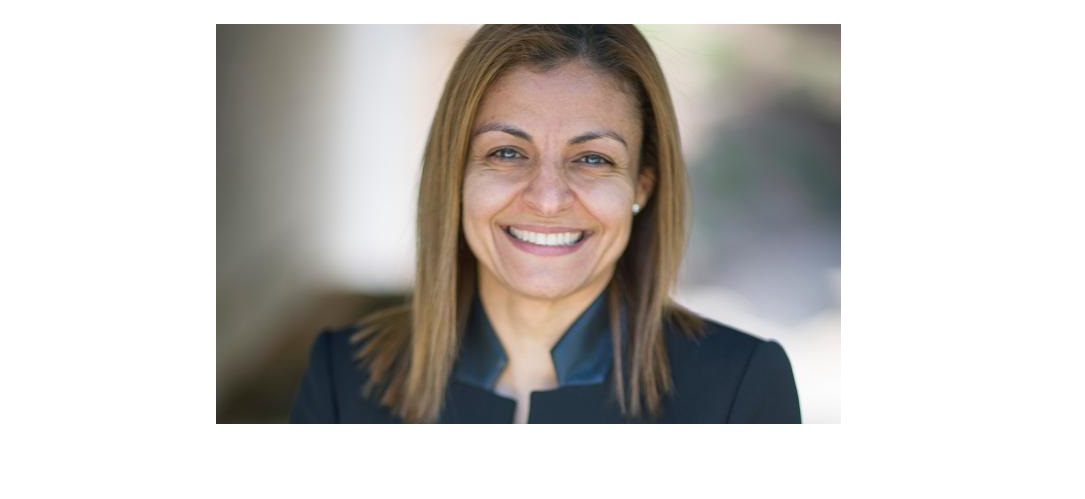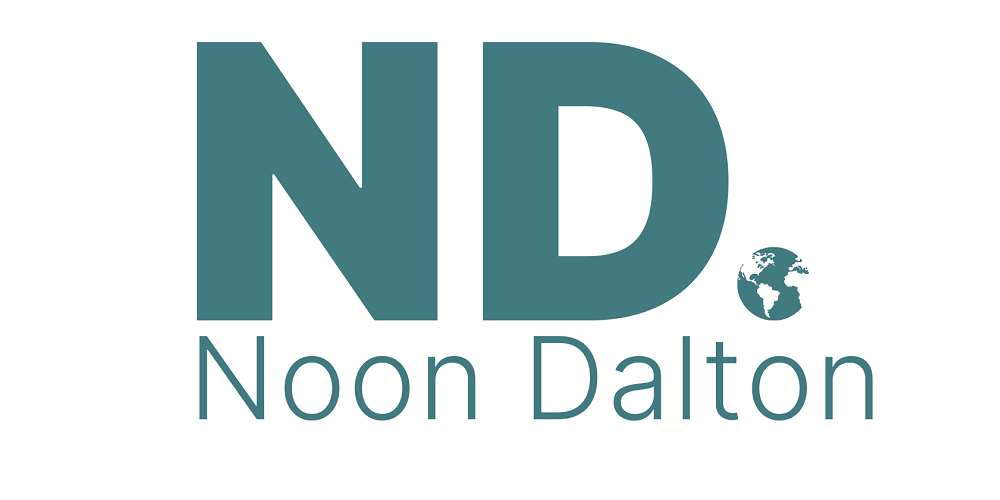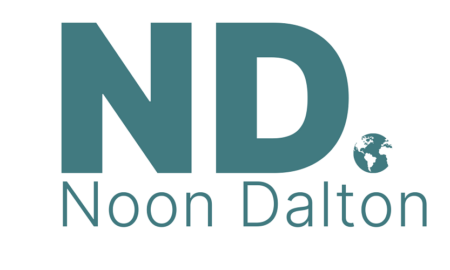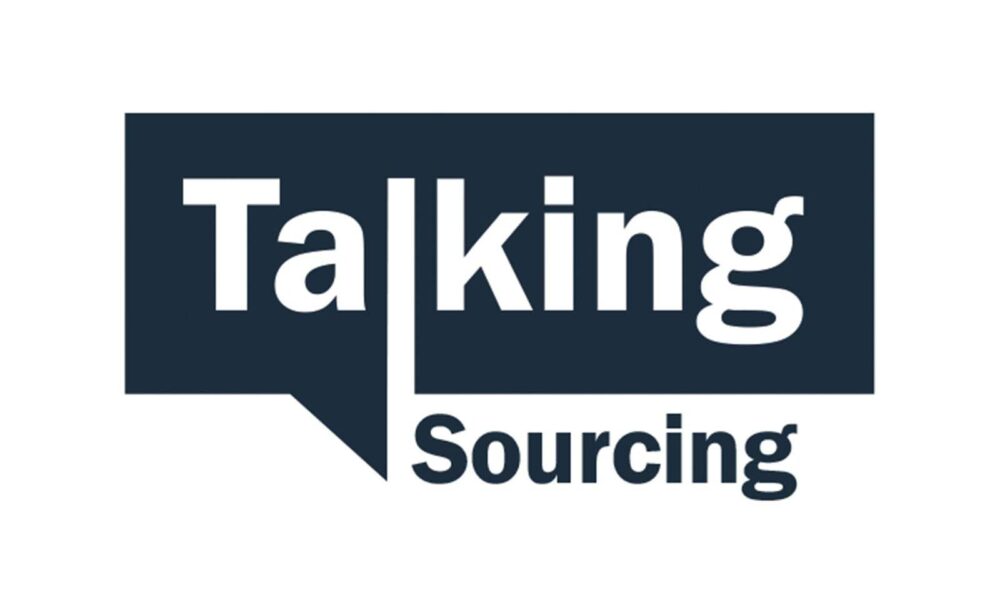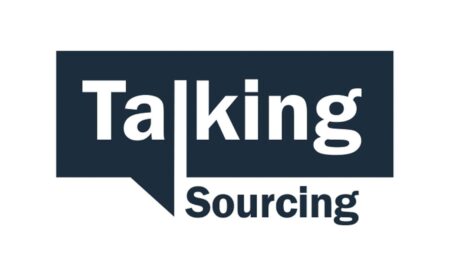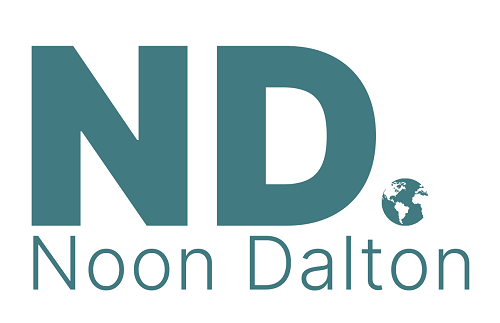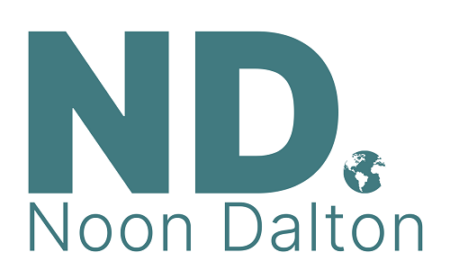Youth on the world’s youngest continent have something to say during this Covid-19 crisis: “Don’t just talk at us, talk with us and listen to what we need”.
A campaign to reach three million youth in the first three weeks of South Africa’s lockdown showed us how much you can learn when you listen to the voices of young people and how important it is to make sure they have accurate information to keep themselves safe and informed.
What did we hear?
Scourge of fake news
Young people are being flooded with fake news and misinformation.
Early in the lockdown, the campaign called out in real-time a growing trend of youth reporting that they were afraid to get tested by community health workers because of misinformation falsely alleging that testing kits were infected with Covid-19.
The combined effort of over 200 partners participating in the campaign helped push back with accurate information and trusted content.
Hope for medical care
They want to know who is recovering, not just who is dying.
We heard young people ask about who is recovering, and if it was people “like them”. They wanted to know that medical resources to support recoveries are available for all.
They tuned in to hear the story of 25-year old Ncebekazi, a young South African who recovered from Covid-19, after being infected with the virus while working on an international cruise ship.
When she returned home to the Eastern Cape, she tested positive. She was anxious and worried, but after a period of self-isolation, she recovered, and has now tested negative. She is hopeful for the future and reassured other young South Africans.
Staying employable
Young people want stories, not just information. Although young people are responding to statistics about the virus, they also want to hear stories to help them make sense of what is going on.
A comic series and radio programme called BONA CORONA has been sharing the adventures of Tshepo as he manages his way through the pandemic.
They need help to stay busy and employable. Young people have lost jobs and income.
Alternative ways of earning
They can’t hustle to earn at the moment. And are asking for help to keep themselves busy, and to be ready for any opportunities that may be available after the lockdown eases. What they say they need is access to more affordable data so that they can be online for longer to access more information and skills.
Our youth have the same needs as other South Africans. Young people are not immune to the mental health challenges caused by this pandemic and are asking for more resources.
Some are also struggling to find enough food to eat and are not sure how to wash their hands in households without running water. Despite all of this, they amaze us with solutions – giving each other tips and hints for how to manage in these difficult circumstances.
Ongoing skill building
Even though we reached millions of youth in the first three weeks of the lockdown, our work is far from done.
This campaign will continue to use social media, WhatsApp, radio, SMS and other channels to provide a data-free platform for young people to tell us what they need.
We will need our young people to help lead us out of this crisis.
Maryana Iskander is the CEO for Harambee Youth Employment Accelerator. Harambee, in partnership with the National Youth Development Agency, is still running the campaign. Organisations interested in being part of the campaign can join a growing coalition of over 200 partners. Visit www.3m3w.co.za for more information.
This article originally appeared on fin24.com

